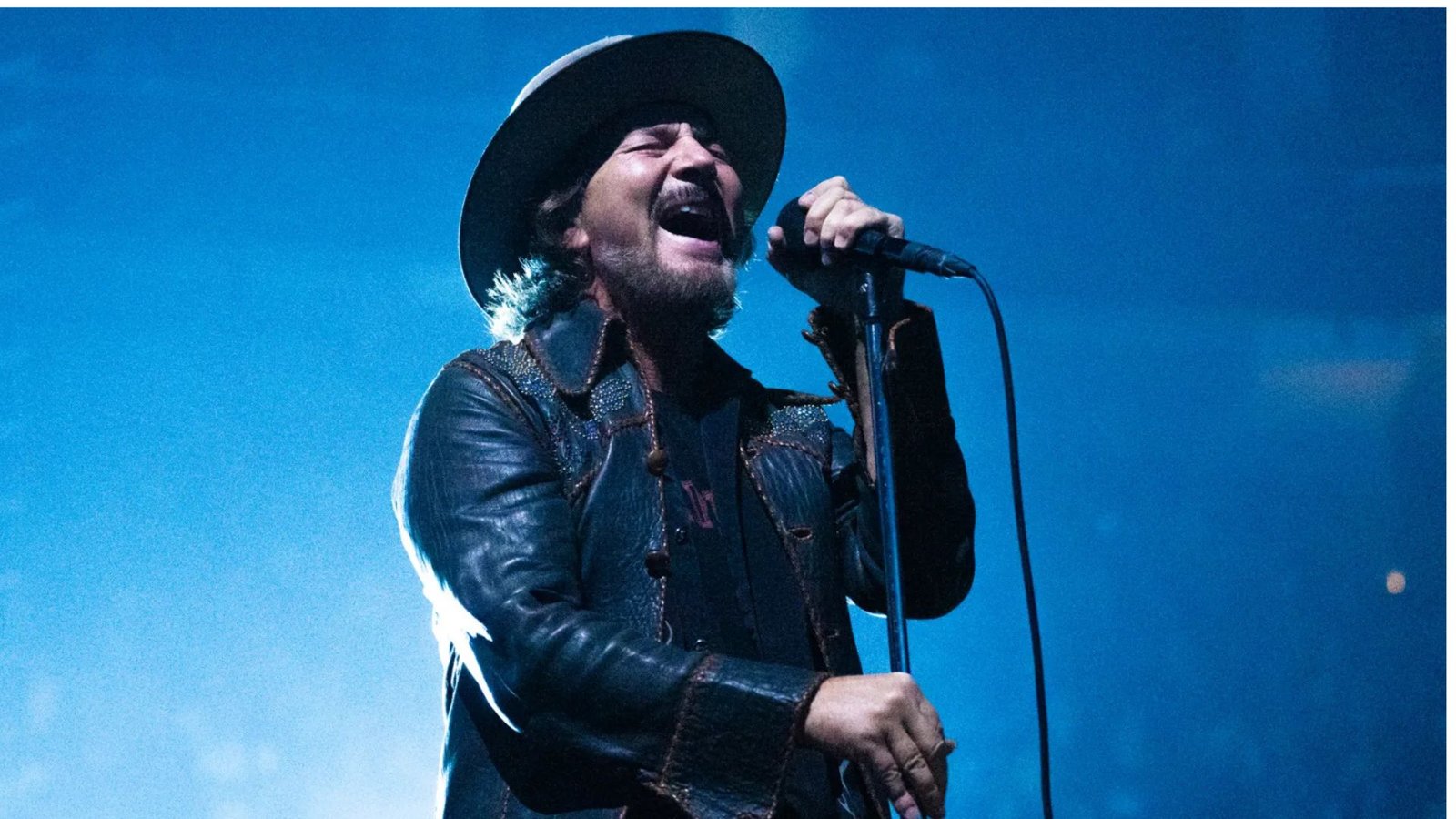In today’s rapidly evolving music industry, the power of lyrics often cannot be overstated. While beats, melodies, and production quality are crucial elements, the lyrics are the voice of the song—the medium through which an artist communicates their message, emotions, and experiences. From social issues to personal stories, lyrics have the ability to resonate deeply with listeners, transcending cultural and language barriers. But why exactly do lyrics matter in modern music, and how have they evolved in contemporary genres? Let’s explore the significance of lyrics in shaping music today.

Lyrics as a Reflection of Culture and Society
Connection to Current Events:
In an age of social media and instantaneous communication, music serves as a mirror to the world around us. Lyrics have become a powerful tool for reflecting on cultural movements, social justice issues, and political climates. For instance, songs like Kendrick Lamar’s “Alright” became anthems for the Black Lives Matter movement, offering a sense of hope and resistance. Similarly, Billie Eilish’s “All the Good Girls Go to Hell” tackles environmental concerns, resonating with younger audiences concerned about climate change.
Why It Matters:
Music, especially with lyrics that speak to current societal issues, becomes a vessel for change, advocacy, and awareness. Lyrics allow artists to use their platforms for activism, and listeners connect with the songs because they reflect their own thoughts and struggles. This creates a communal experience where music becomes more than just entertainment—it becomes a conversation.
Emotional Connection and Personal Storytelling
Telling Personal Stories:
In modern music, especially within genres like pop, hip-hop, and country, artists often use their lyrics to tell deeply personal stories. Adele’s heartfelt ballads such as “Someone Like You” convey raw emotions of love, loss, and heartbreak, making her songs universally relatable. Similarly, Ed Sheeran’s songwriting often draws on his personal life, from romantic relationships to experiences of fame.
Why It Matters:
Listeners connect with songs on a personal level when they feel the artist’s emotions in the lyrics. This emotional resonance can create a sense of understanding, empathy, or even catharsis. Lyrics, therefore, provide a way for listeners to process their own emotions, giving them a soundtrack to their lives.
Lyrics as a Tool for Identity and Empowerment
Empowering Messages:
Music has long been an outlet for self-expression, and lyrics play a pivotal role in how an artist conveys empowerment, identity, and self-worth. Songs like Beyoncé’s “Run the World (Girls)” and Lizzo’s “Good as Hell” are perfect examples of how modern music uses lyrics to promote empowerment and confidence. These songs send strong messages of self-love and independence, especially to marginalized groups.
Why It Matters:
For many listeners, lyrics act as affirmations, reinforcing positive messages about self-worth and identity. Whether it’s about standing up for oneself, embracing individuality, or fighting for equal rights, empowering lyrics give listeners the strength and confidence to face life’s challenges.
The Rise of the “Lyric Video” and Visual Storytelling
Lyric Videos and Visual Engagement:
With the rise of YouTube and social media platforms, lyric videos have become an essential tool in modern music marketing. These videos not only make the lyrics more accessible but also provide an additional layer of interpretation. For example, the lyric video for Taylor Swift’s “Look What You Made Me Do” enhances the song’s narrative and themes of revenge and transformation, offering visual cues that complement the song’s message.
Why It Matters:
In the digital age, visual elements are just as important as the lyrics themselves. Lyric videos or animated lyrics help fans engage with the music on a deeper level, making it easier to connect with and understand the song’s themes. These visual elements can amplify the meaning of the lyrics, offering a more immersive experience for the listener.
Conclusion
In modern music, lyrics matter more than ever. They serve as the emotional core of a song, reflecting personal experiences, societal issues, and universal themes that resonate with listeners around the world. Lyrics give artists the ability to communicate on a deeply personal level, sparking conversations, connecting communities, and influencing culture. In an era where music is increasingly accessible and diverse, lyrics continue to be the powerful language through which music speaks directly to our hearts, minds, and souls.











